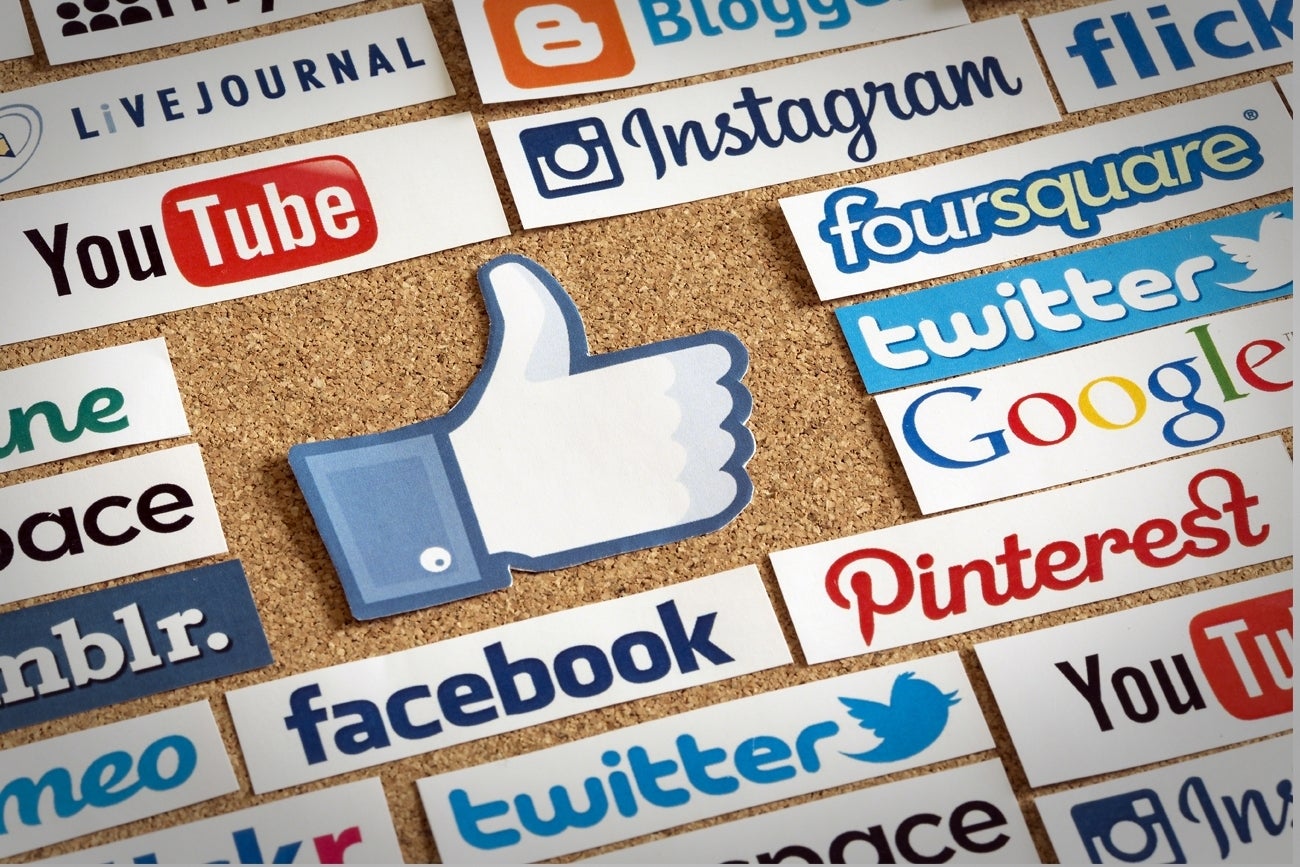 You are an addict. We all are. And the sooner we admit that we have a problem and that our lives have become unmanageable, the sooner the healing can begin.
You are an addict. We all are. And the sooner we admit that we have a problem and that our lives have become unmanageable, the sooner the healing can begin.
If that sounds a bit like the First Step at an Alcoholics Anonymous meeting, that’s because it is. If you sense your own unhappiness and want to make resolutions for the coming year that will make you happier and enhance the happiness and connectedness of those around you, that’s where it has to start.
The Internet and its insidious agent of attention-seeking — the smartphone — are by their very nature addictive, conspiring with our natural curiosity and brain chemistry to keep us rapt to the machine, according to Blake Snow, author of Log Off: How To Stay Connected After Disconnecting.
“The research data that I’ve come across suggests that the majority of us are struggling to keep digital distraction at bay,” he said. “It affects everyone from homemakers to professionals.”
Every ping, every buzz and every pointless little heart is designed to keep you looking for your next hit of dopamine. Yup, those notifications exploit the same brain chemistry that keeps people taking hits of methamphetamine and crack cocaine every few minutes for days on end.
Whatever happiness those little hearts bring does not last long. If you find yourself picking up the smartphone to check for likes on your latest cat picture or a share of some prefabricated meme, that screen really is your crack pipe.
So, can quitting the Internet — even part of the time — really make you healthier, wealthier and happier? Yes, and it will begin the minute you disable all the alerts, pings and buzzes that make you reach for your phone rather than engaging in your life.
“The smartphone is a wonderful and powerful tool, but we no longer use it that way,” said Snow. “It’s a bottomless pit of novelty and distraction that we are never away from.”
“We need to go back to using smartphones and the Internet with purpose,” he said. “People need to go back to using their phones more like Google Maps — to find things — and then put them away and be in the moment.”
Get healthier
“You can get thinner in a post-alert world,” Snow said. “If we allow the Internet, smartphones and social media to distract us, it reduces our ability to focus on simple things like taking care of your body.”
Walking with purpose and setting aside time to exercise three times a week, like the research says we should, “you will inevitably increase your chances of being healthier,” he said.
Get wealthier
Want that big promotion? Disconnect at the end of the day and become a better, smarter version of yourself.
“I argue that when we are constantly connected to the office or to social media, we are incapable of solving complex or even simple problems,” he said. “It feels like we are accomplishing something, but we are just spinning our wheels.”
Disconnecting, especially after work, does several things: It allows the conscious mind to rest so you are sharper and more productive when you get back to the office. It also allows the subconscious mind to get to work, in the background, solving complex problems. “That’s when you have those Eureka moments.”
Be happier
“I can’t stand the name social media. That’s not what it is. It’s the illusion of friends, and those are never enriching relationships,” said Snow.
Human beings are social creatures who need face-to-face interactions and contact.
“When we are able to log off and have those real-life social interactions, that’s when we strengthen our family relationships and personal friendships,” he said. “The social aspect alone can make you much happier.”
[“Source-“]










